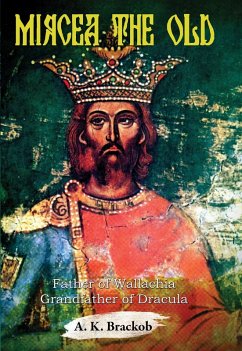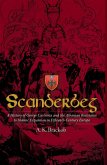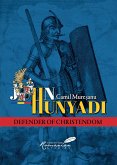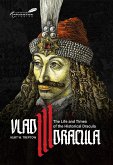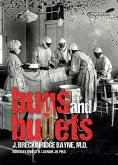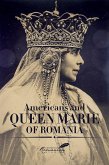One of the greatest leaders in Romanian history, Mircea the Old comes to life in this new book. Although his grandson, Vlad the Impaler, has acquired much greater international fame, Mircea the Old was the most significant ruler to sit on the throne of the small principality of Wallachia during the Middle Ages. To understand the historical Dracula, it is essential to comprehend the life and times of Mircea the Old, who, during his long reign from 1386 to 1418, consolidated the political and administrative structure of his principality and maintained its freedom at the time of its most significant peril. Mircea defeated the mighty Ottoman Empire, the greatest power of his day, at the battle of Rovine in 1394. During the crusade of Nicopolis, in 1396, the Wallachian prince played a key role and many, including Emperor Sigismund of Luxemburg, believed that he should have led the Christian assault. Flawed political considerations, however, countermanded that proposal and resulted in a disastrous defeat for Christendom. Despite this setback, Mircea positioned his small country as a major force in international politics at the dawn of the fifteenth century. As the Ottoman Empire collapsed into civil war following the decisive defeat of Sultan Bayezid by the Mongol Emperor Tamerlane at the battle of Ankara in 1402, Mircea the Old emerged in the role of kingmaker. The great powers fighting for control over southeastern Europe all recognized his skill and acumen, leading the Turkish chronicler Leunclavius to describe him as \u201cthe bravest and most able of Christian Princes.\u201d His long reign allowed him to establish the dynamic ruling dynasty from which the Dracula legend would ultimately be born. Dr. A.K. Brackob is a noted specialist in the history of southeastern Europe. His other books include Scanderbeg: A History of George Castriota and the Albanian Resistance to Islamic Expansion in Fifteenth Century Europe
Dieser Download kann aus rechtlichen Gründen nur mit Rechnungsadresse in A, B, BG, CY, CZ, D, DK, EW, E, FIN, F, GR, HR, H, I, LT, L, LR, M, NL, PL, P, R, S, SLO, SK ausgeliefert werden.

